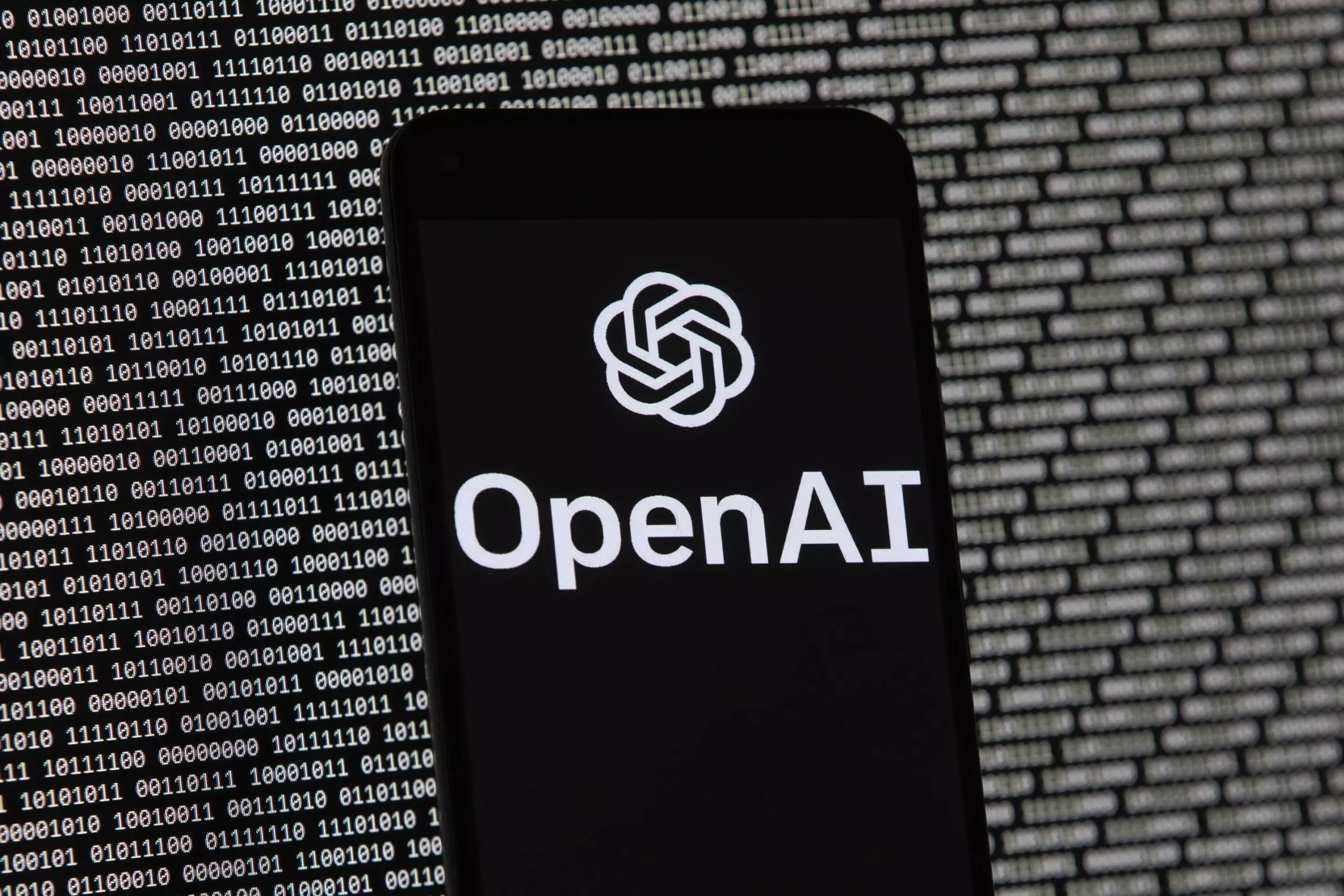The journey of OpenAI from its inception as a nonprofit research organization to a dominant player in the artificial intelligence (AI) sector reflects not only technological advancements but also evolving commercial ambitions. Established in 2016 in Mountain View, California, this organization initially sought tax-exempt status, outlining its mission to enhance digital intelligence for humanity without the constraints of profit motives. However, as OpenAI has matured and expanded, questions about its governance, operations, and commitments to its founding principles have come to the forefront.
OpenAI’s application to the IRS underscores its foundational mission: to advance digital intelligence beneficial to humanity as a whole. At that time, the organization expressed aspirations that seem almost modest compared to what it has achieved today. Their early research plans included developing AI capable of solving simple games and completing household chores. These ambitions are significantly outpaced by their current capabilities, embodied in products like ChatGPT and sophisticated image-generation technologies.
In its application, OpenAI committed to publicly sharing its research, promoting transparency and accessibility. In a world where resources and breakthroughs in technology could easily become the exclusive domain of profit-driven entities, OpenAI vowed to maintain an open-source approach. This outlined structure showcased a stark contrast to many of its contemporaries and set the stage for ethical considerations surrounding AI development and deployment.
Fast forward to the present, OpenAI’s evolution has taken a turn that challenges the boundaries of its original nonprofit framework. With a valuation reaching a staggering $157 billion, the organization now operates a for-profit subsidiary alongside its nonprofit foundation. This shift raises pertinent questions among legal experts and industry stakeholders regarding the ethical implications of a nonprofit entity engaging in significant commercial activities. As OpenAI has embraced commercial partnerships, the argument is made that it has strayed from the core principles it promised to uphold.
Despite assurances from OpenAI spokespeople that their mission remains unchanged, the divergence from their initial plans raises eyebrows. Initially, OpenAI asserted that it would not enter joint ventures with for-profit organizations and would not delve into the development of commercial products. Contradictions between these original goals and current operating practices pose a struggle for the organization as it attempts to reconcile its overarching mission with expansive commercial interests.
As OpenAI traverses this complex landscape, compliance with nonprofit regulations remains crucial. Recent scrutiny has sharpened regarding whether the organization’s activities genuinely advance its charitable mission. Internal debates stem from concerns over the actual beneficiaries of its technological advancements: does the technology primarily serve a profit-driven agenda or fulfill its altruistic objectives?
Legal experts have noted that OpenAI has strategically established its corporate structure to remain compliant with nonprofit guidelines. Still, if there are significant changes to its operational focus, the IRS mandates transparency through annual disclosures that must reflect these shifts. As OpenAI considers further alterations to its structure, its past commitments and future intentions must align convincingly to stave off legal repercussions and maintain trust within the nonprofit sector.
OpenAI’s trajectory leaves room for further contemplation on the nature of innovation in the realm of AI and the ethical responsibilities inherent in such development. The organization faces the dual challenge of sustaining its nonprofit roots while embracing commercial viability—a balancing act that could redefine its identity in the years to come. With Altman hinting at possible structural changes on the horizon, stakeholders will watch closely how OpenAI navigates these waters.
Ultimately, the interplay between technology, morality, and economics within OpenAI’s framework highlights broader discussions surrounding the governance of AI as it continues to evolve. The fundamental ideals of transparency and universal benefit cannot be overlooked as the organization expands. Striking a balance between impactful innovation and ethical considerations will be paramount as OpenAI progresses, ensuring that its journey towards artificial intelligence governance remains accountable and aligned with its original mission.


Leave a Reply